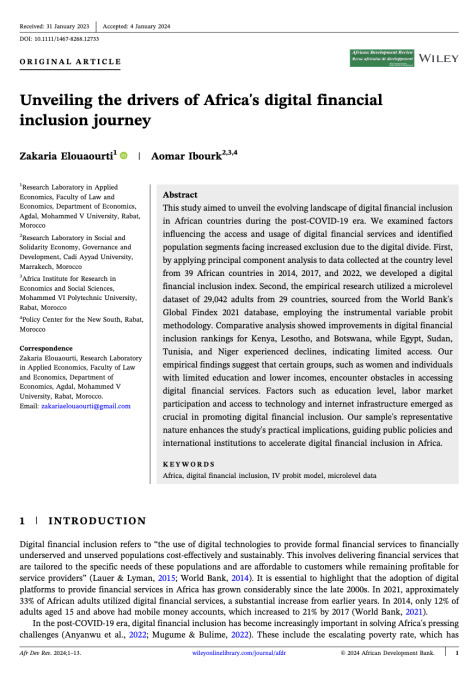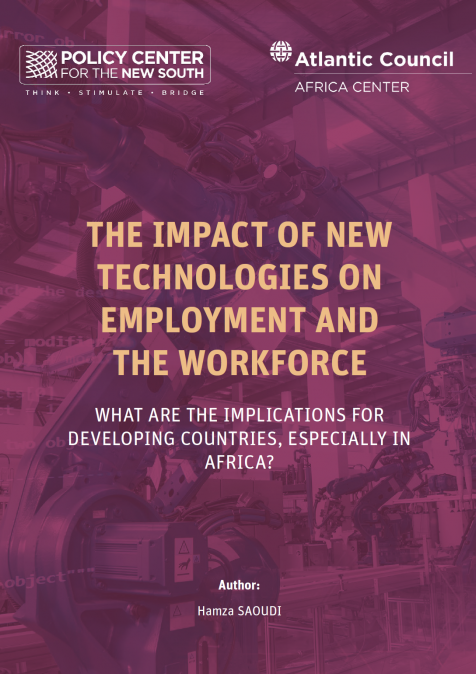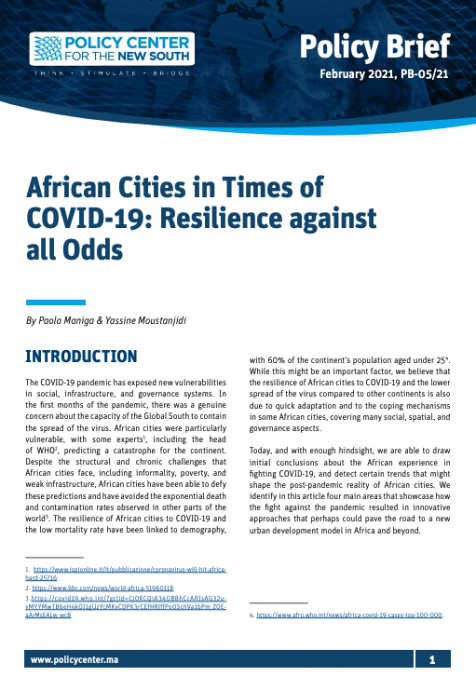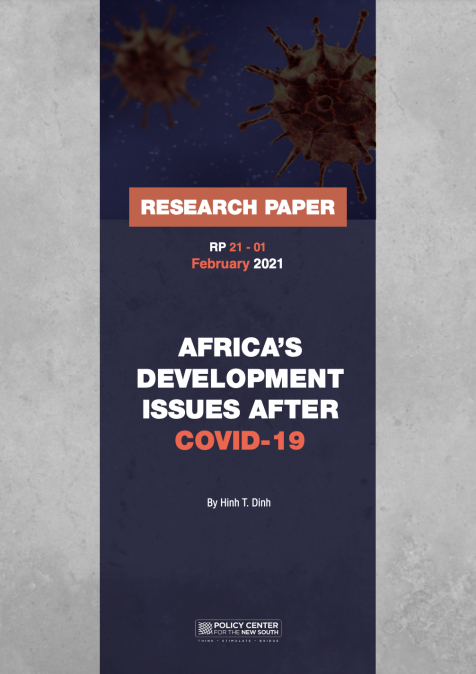Publications /
Paper in Academic Journals
This Paper was originally published on onlinelibrary.wiley.com
This study aimed to unveil the evolving landscape of digital financial inclusion in African countries during the post-COVID-19 era. We examined factors influencing the access and usage of digital financial services and identified population segments facing increased exclusion due to the digital divide. First, by applying principal component analysis to data collected at the country level from 39 African countries in 2014, 2017, and 2022, we developed a digital financial inclusion index. Second, the empirical research utilized a microlevel dataset of 29,042 adults from 29 countries, sourced from the World Bank's Global Findex 2021 database, employing the instrumental variable probit methodology. Comparative analysis showed improvements in digital financial inclusion rankings for Kenya, Lesotho, and Botswana, while Egypt, Sudan, Tunisia, and Niger experienced declines, indicating limited access. Our empirical findings suggest that certain groups, such as women and individuals with limited education and lower incomes, encounter obstacles in accessing digital financial services. Factors such as education level, labor market participation and access to technology and internet infrastructure emerged as crucial in promoting digital financial inclusion. Our sample's representative nature enhances the study's practical implications, guiding public policies and international institutions to accelerate digital financial inclusion in Africa.











